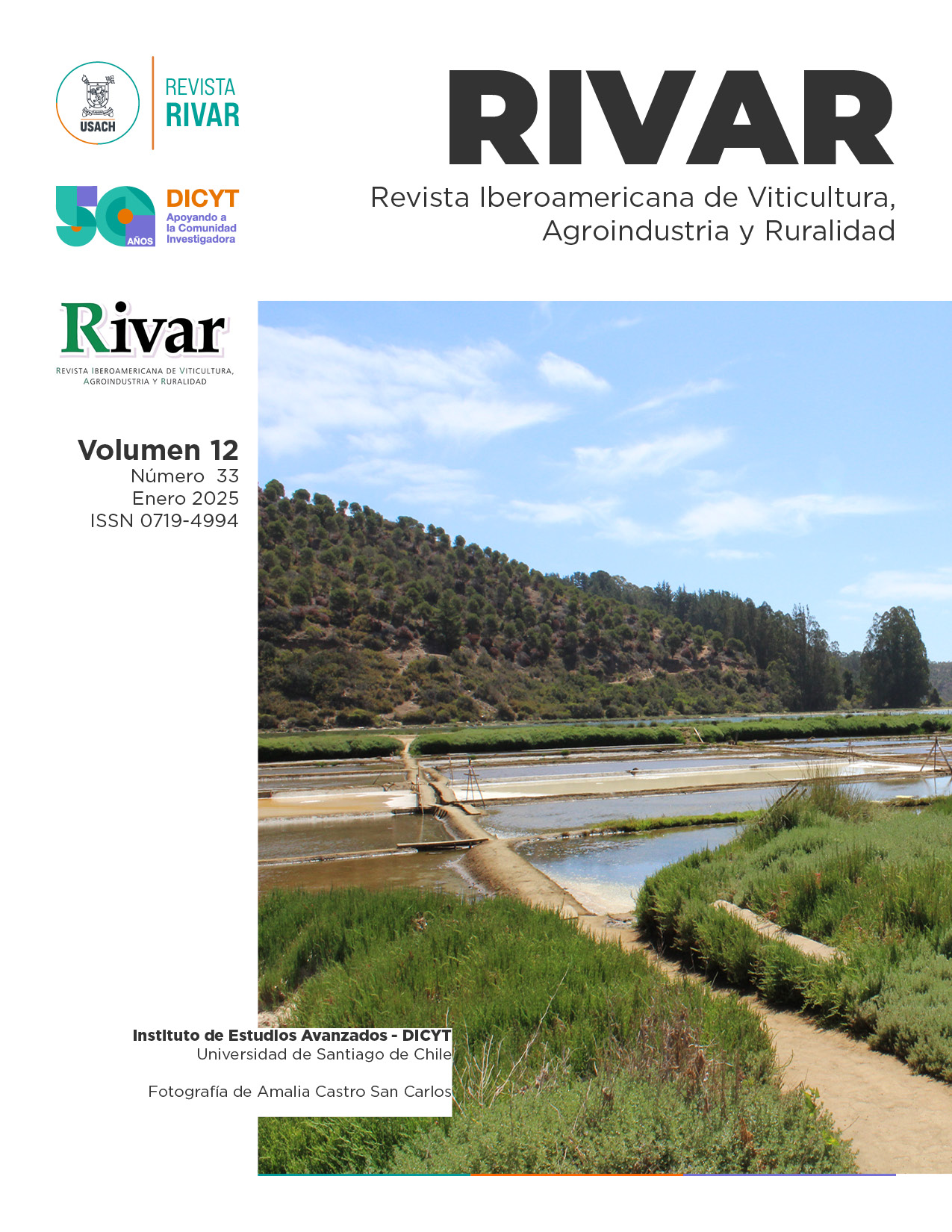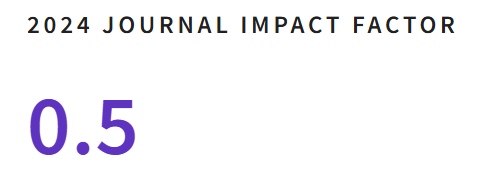Aproveitar o turismo de Astaná para construir uma reputação de “cidade de marca”
DOI:
https://doi.org/10.35588/cb84nm08Palavras-chave:
desenvolvimento urbano, branding, marketing de cidade, turismo, logoResumo
O objetivo deste estudo é analizar o potencial de Astana, Cazaquistão, para se convertir numa “cidade marca” e promover el turismo e o desenvolvimento econômico. Realizou-se uma enquete entre 500 residentes das cinco regiões econômicas de Cazaquistão para avaliar as percepções sobre as características turísticas de Astaná em comparação com outras cidades. Os dados foram analizados mediante métodos de análise SWOT e PESR. Os resultados mostram que Astaná tem vantagens como sua condição de capital nova e moderna, sua rica história, sua ubicação geográfica, seu desenvolvimento turístico e sua locação ao longo da histórica Ruta da Seda. As desventagens incluem seu duro clima desértico e sua paisagem plana. Em base à investigação, são feitas recomendações para a marca e a promoção de Astaná mediante a criação de un logotipo e slogan da cidade, um sítio web, campanhas publicitárias, rutas turísticas e eventos para ressaltar suas atrações únicas. Conclui-se que o governo local e as partes interessadas precisam um enfoque sistemático de longo prazo para qualificar Astaná como um destino turístico atrativo e um centro econômico.
Downloads
Referências
Abylgazova, Z., Akynbekova, A., Alimzhanova, A., Nurmanova, M., and Bakenova, R. (2023). Problems of Developing Media and Information Competence of Future Journalists on the Basis of Case Technologies. Asian Journal of University Education, 19(2), 436-446. http://dx.doi.org/10.24191/ajue.v19i2.22227
Akkaya, E. (1999). Brand Image Components, an Application in the Automobile Industry. Ulusal Pazarlama Kongresi Bildiriler Kitapciği.
Bartczak, K. (2022). Changes in Business Models Implied by the Use of Digital Technology Platforms. Entrepreneurship and Sustainability Issues, 9(4), 262-281. http://doi.org/10.9770/jesi.2022.9.4(14)
Bonakdar, A., and Audirac, I. (2020). City Branding and the Link to Urban Planning: Theories, Practices, and Challenges. Journal of Planning Literature, 35(2), 147-160. https://doi.org/10.1177/0885412219878879
Cudny, W. (2019). City Branding and Promotion: The Strategic Approach. Routledge.
Damezhan, S., and Yücel, F. (2021). Analysis of the Planning Strategy of Astana as a Brand City in the Development of the Economic Zone of the North Kazakhstan. Academy Of Strategic Management Journal, 20, 1-13.
Kerimkulov, S., Teleuova, S., and Tazhbenova, G. (2015). Measuring Chaotic and Cyclic Fluctuations of Cass Freight Index: Expenditures. Actual Problems of Economics, 171(9), 434-445.
Kiliç, B. (2021). Content Analysis of Strategic Commitment Statements of Municipalities and their Approaches to Tourism. Co-Editors 21, 221.
Kotler, P., and Gertner, D. (2002). Country as Brand, Product, and Beyond: A Place Marketing and Brand Management Perspective. Journal of Brand Management, 9(4), 249-261. https://doi.org/10.1057/palgrave.bm.2540076
Kurmanov, N., Beisengaliyev, Y., Bayandin, M., Syzdykova, E., and Tolysbayeva, M. (2022). Innovative Development of Kazakhstan’s Raw Material (Oil and Gas) Regions: Multifactorial Model for Empirical Analysis. International Journal of Energy Economics and Policy, 12(4), 131-140. https://doi.org/10.32479/ijeep.13201
Madiyarova, A., Ziyadin, S., Blembayeva, A., and Doszhan, R. (2018). Modern trends in digitalization of tourism industry. In Proceedings of the 32nd International Business Information Management Association Conference, IBIMA 2018 - Vision 2020: Sustainable Economic Development and Application of Innovation Management from Regional expansion to Global Growth (pp. 7990-7997). International Business Information Management Association.
Marino, A., Pariso, P., and Picariello, M. (2022). Digital Platforms and Entrepreneurship in Tourism Sector. Entrepreneurship and Sustainability Issues, 9(4), 282-303. http://doi.org/10.9770/jesi.2022.9.4(15)
Nadiia, P.R., Anatoliy, D.O., Liudmyla, V.S., Tatiana, O.K., and Olha, M.P. (2021). A Comprehensive Methodology for Assessing the Effects of Management and Marketing on the Value of the Enterprise Based on the Development of Intellectual Capital. Lecture Notes in Networks and Systems, 194, 454-465.
Pasquinelli, C., Trunfio, M., Bellini, N., and Rossi, S. (2022). Reimagining Urban Destinations: Adaptive and Transformative City Brand Attributes and Values in the Pandemic Crisis. Cities, 124, 1-10. https://doi.org/10.1016/j.cities.2022.103621
Sadykova, D. (2017). Opportunities for the Development of medical and recreational tourism in Kazakhstan. Smart International Social Mentality and Researcher Thinkers Journal, 3(6), 83-87. http://dx.doi.org/10.31576/smryj.28
____. (2019). Influence of Astana city as “Brand city” on the Development of North Kazakhstan Economic zone. Nigde Omar Halisdemir University.
Shahini, E., Skuraj, E., Sallaku, F., and Shahini, S. (2022). Recreational Opportunities through Agritourism Increases Relationships within Urban and Rural Communities in Western Balkan Societies. Review of Economics and Finance, 20(1), 283-287. https://doi.org/10.55365/1923.x2022.20.34
Trusheva, S., Abdramanova, G., Zhakupov, A., Yessilov, A., and Bayandin, M.A. (2022). Assessment of the Impact of Regional Characteristics and the Development of Event Tourism on Business Tourism in the Republic of Kazakhstan Based on Clusterization and a Regression Model. Journal of Environmental Management and Tourism, 13(4), 985-994. https://doi.org/10.14505/jemt.v13.4(60).07
Trusova, N., Demchenko, I., Kotvytska, N., Hevchuk, A., Yeremenko, D., and Prus, Y. (2021). Foreign-Economic Priorities of the Development of Investment Infrastructure of Agri-Food Production Entities. Scientific Horizons, 24(5), 92-107.
Yildirim, O., and Çakici, A. C. (2022). Cultural Heritage and Digitalization in City Branding. In Oliveira, L. Handbook of Research on Digital Communications, Internet of Things, and the Future of Cultural Tourism (pp. 467-483). IGI Global.









